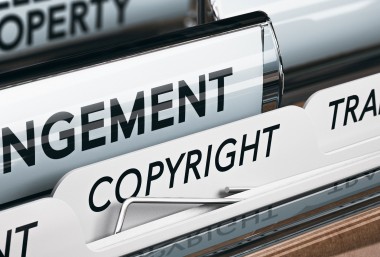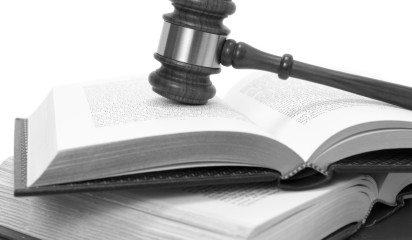A recent decision of the Australian Trade Marks Office provides guidance on the approach the Office will now take on requests for extensions of time under new Regulation 9.18 of theTrade Mark Regulations 1995, which came into effect on 15 April 2013.
MG Icon LLC v Caprice Australia Pty Ltd [2014] ATMO 34 is the first contested request for an extension of time under the new regulations. It appears the Office will now take a stricter approach when considering requests for extensions of time to file evidence in opposition proceedings.
MG Icon LLC (MG) applied to remove trade mark registration 901355 MATERIAL GIRL in the name of Caprice Australia Pty Ltd (Caprice) from the Trade Mark Register, and Caprice opposed the removal. Caprice requested an extension of time of one month to file evidence in reply to MG's evidence. MG objected to the extension and applied for a hearing.
The Hearing Officer bore in mind that an intention of the new legislation is to reduce delays in opposition proceedings by narrowing the circumstances in which an extension of time will be available.
The Hearing Officer found that three questions only must be considered when deciding whether to grant an extension of time:
- Has the party (and their attorney or agent) made all reasonable efforts to comply with all relevant filing requirements (Regulation 9.18(2)(a)(i))?
- Did the party (or their attorney or agent) fail to file the evidence in time despite acting promptly and diligently at all times (Regulation 9.18(2)(a)(ii))?
- Were there exceptional circumstances that warrant the extension (Regulation 9.18(2)(b))?
The answer to the first two together must be 'yes', or the answer to the third must be 'yes', in order for the extension to be granted.
The Hearing Officer found that Caprice had, up to the period for filing evidence in reply, made all reasonable efforts to comply with filing requirements. It filed the notice of opposition on the due date, and evidence in support only 11 days after its original due date (well within the granted extension period).
However, it was determined that Caprice had not acted promptly and diligently at all times. Specifically, the Hearing Officer commented that:
- Caprice's evidence failed to show prompt and diligent action 'at all times' during the evidentiary period. Over two months had passed before an employee of Caprice (Ms Hayward) retrieved evidence for the opposition. Although Ms Hayward was busy with a sale of business involving Caprice, she was still heavily involved in the opposition. The requirement for 'prompt and diligent' action means that Ms Hayward should have followed up the matter well before two months had passed.
- difficulties with email accounts are not an excuse for a delay. While Ms Hayward had been experiencing email difficulties for some weeks she ought to have been aware that some of her emails may have gone astray.
- annual leave taken by an officer of Caprice did not excuse lateness because annual leave is generally not an unforeseen event.
- finalisation of the declaration had been left until very late in the evidentiary period, resulting in little time for any contingencies, such as late return of the declaration by a witness.
Lastly, the Office found that there were no exceptional circumstances that warranted the extension despite the evidence that Ms Hayward provided.
Caprice also made submissions relating to 'other matters', but the Hearing Officer stated that only matters raised in regulation 9.18(2) can be considered. Other matters raised by Caprice, such as public interest considerations, the probity of the evidence being filed, and whether the evidence is already filed, are more relevant to a consideration of allowing further evidence, and Caprice had the option to make such an application.
The decision highlights some important considerations that should be made when parties in opposition proceedings want to seek an extension of time to file evidence:
- the party is responsible for ensuring that their evidence is filed on time and must act with the goal of filing it on time without the need for an extension.
- a high onus is placed on the party requesting the extension to prove that an extension is warranted in the circumstances.
- only those matters raised in regulation 9.18(2) will be considered when an extension of time to file evidence in opposition proceedings is made.
- if relying on regulation 9.18(2)(a), the party must show that it acted promptly and diligently 'at all times' over the evidentiary period. Difficulties with email accounts, being busy at work, and taking annual leave are not likely to excuse delay.
- if evidence in reply is late and an extension is not warranted, the party might instead consider making an application to file further evidence. In such instances, the Hearing Officer is not limited to only considering matters in regulation 9.18(2). It can consider other matters, such as public interest considerations, the probity of the evidence, and whether the evidence was already filed.


